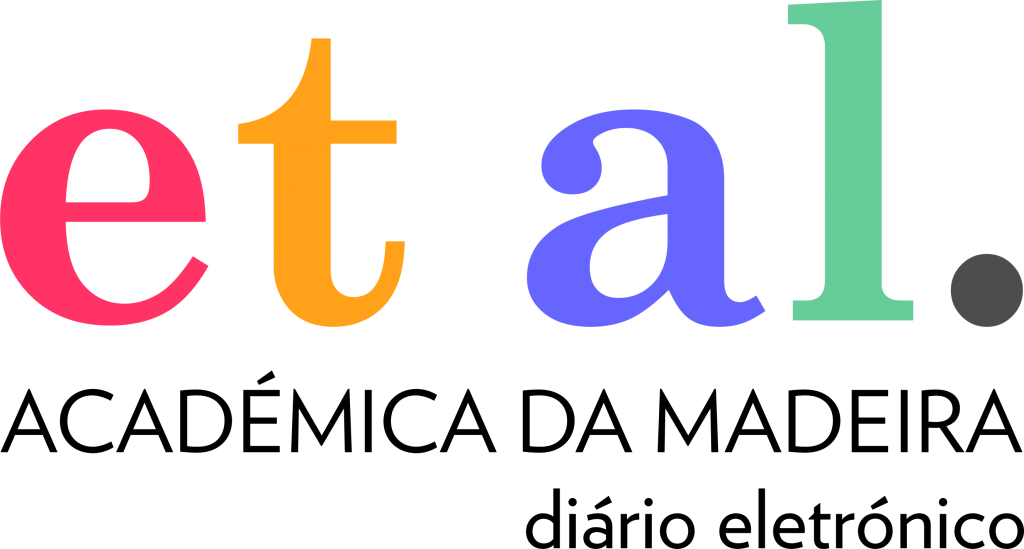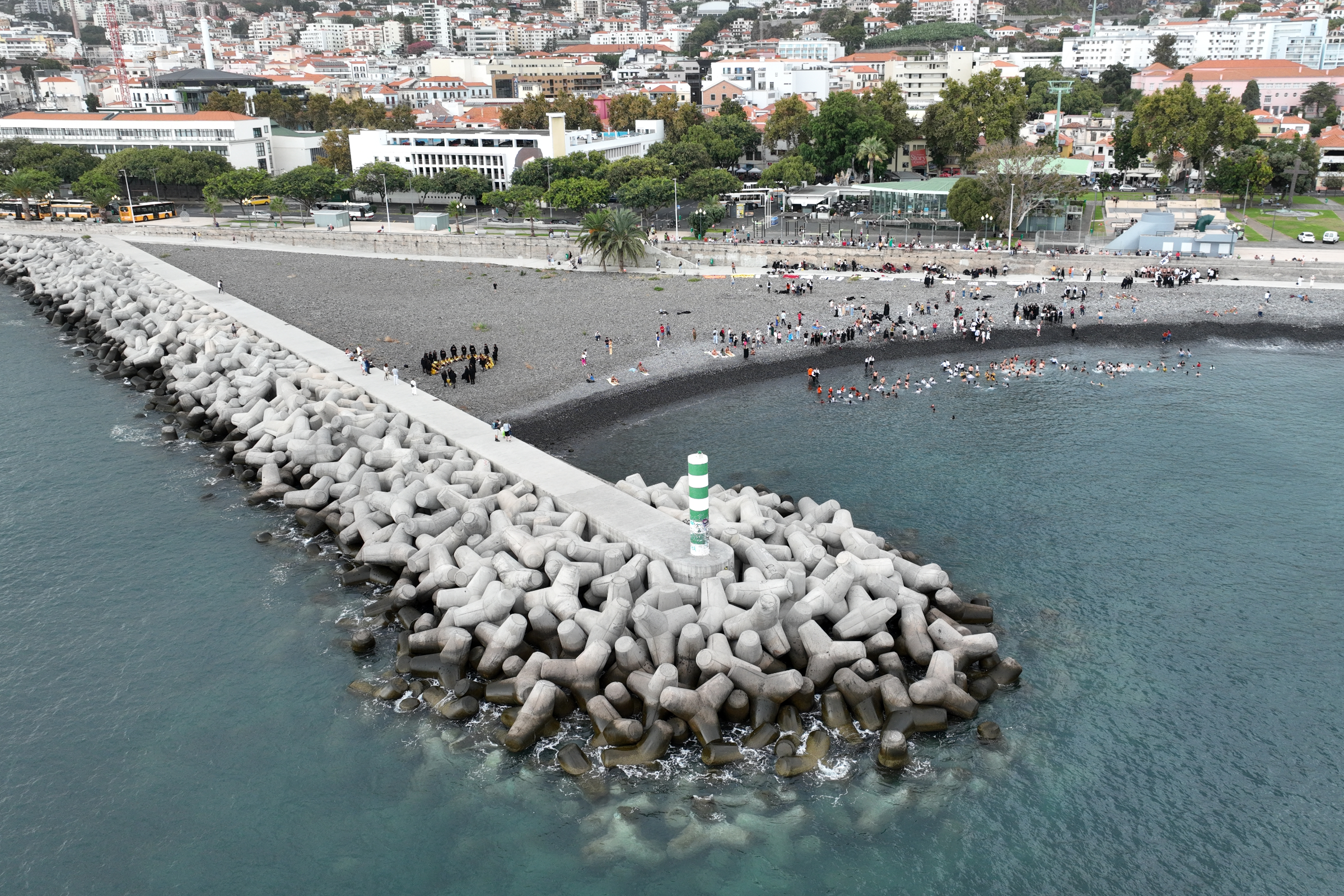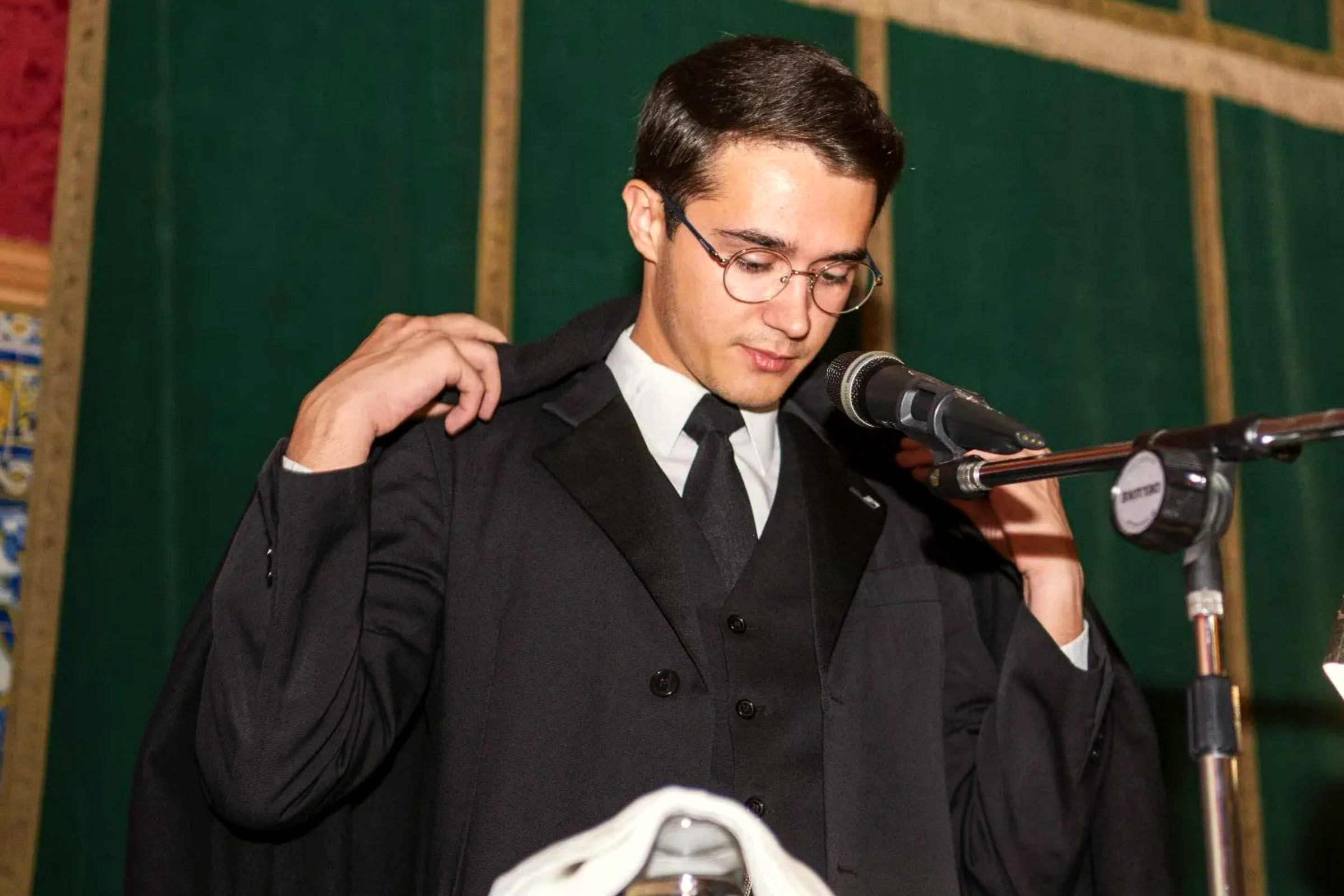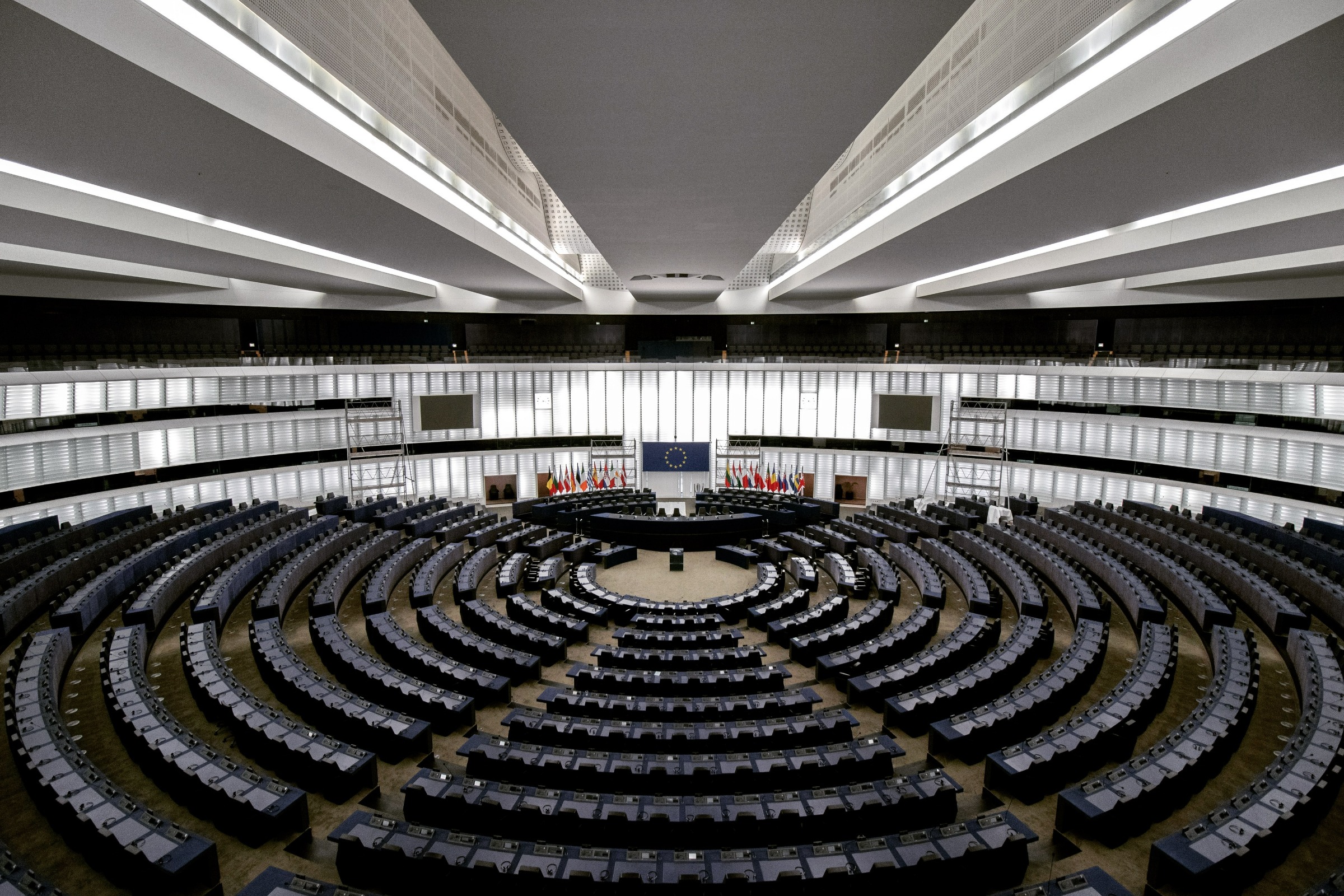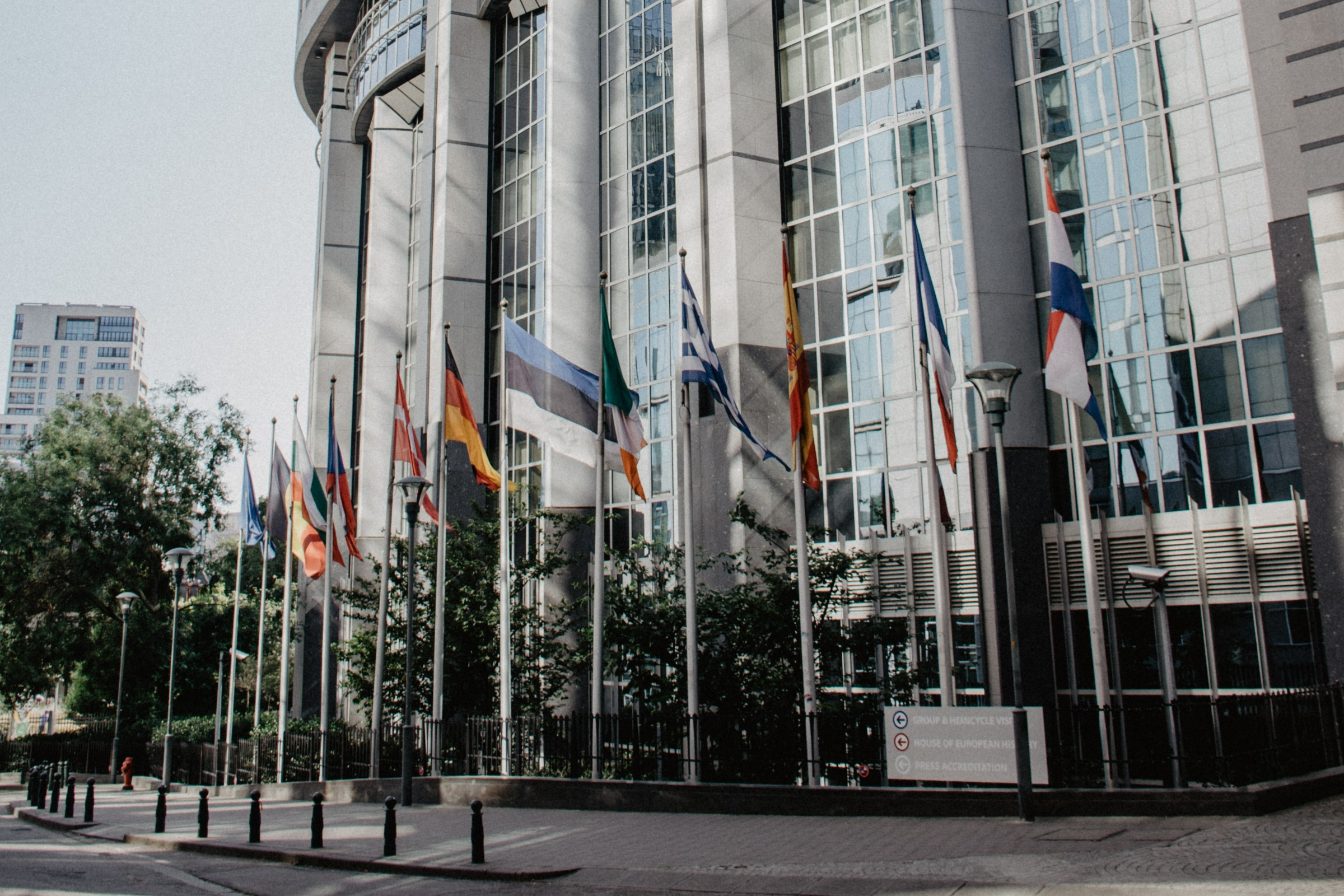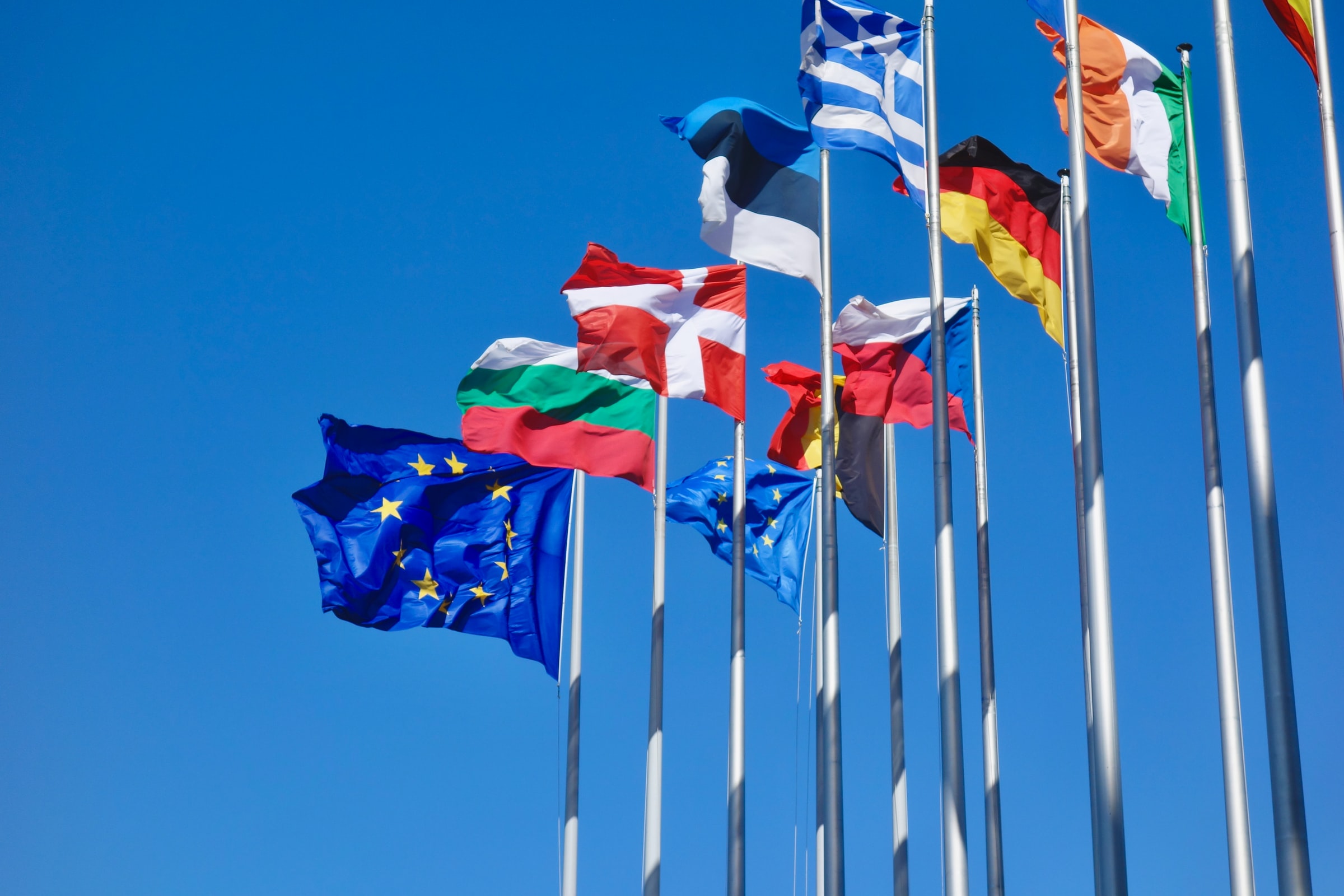Compreendem-se os resultados todos, os votos brancos, os nulos – todos enquanto repercutores da opinião de cada um – mas não se entende, não se adivinha, nem se pode interpretar fielmente, valores altíssimos como os da abstenção. Quando leres este artigo, já as eleições europeias tiveram lugar e estarão os nossos representantes mais do que escolhidos. Mas continuaremos a sentir o papel da União Europeia nas nossas vidas, mesmo que isso passe ao lado dos mais distraídos. Talvez essa distração possa até ser uma das respostas para a crescente abstenção que temos vindo a assistir nos últimos anos em diversos atos eleitorais. A distração, o desinteresse…mas porquê? Não é nada connosco? É! A União Europeia, através das suas políticas, tem tido responsabilidade de garantir que os jovens beneficiam das mesmas oportunidades e desafios. Aliás, além dos jovens, tem a responsabilidade de chegar à vida das nossas famílias e da nossa terra. E tem chegado. As conquistas a que temos assistido nos últimos tempos, graças aos fundos comunitários, não nos podem deixar indiferentes a uma profunda reflexão sobre o nosso papel na Europa e no mundo. E esse papel tem um enorme peso na urna, quando decidimos o nosso futuro, quando escolhemos quem nos representará, quando damos voz à nossa opinião, através desse grande exercício de cidadania que é o voto – livre, pessoal e secreto. E isso da cidadania…não é nada connosco? É! É e custou muito, principalmente às mulheres, conseguir votar. Em Portugal, só em 1931, nós, mulheres, tivemos o direito de voto, ainda que, com várias restrições. Passados vários anos e muitas mudanças depois, a lei eleitoral, como a conhecemos hoje, foi aprovada em 1979. E 1979, foi mesmo ontem. Significa que a dádiva da liberdade e da democracia, o poder de escolha e de rejeição, o escrutínio e o voto só praticamente ontem nos foram concedidos. A todos, por igual. É por isso, por essa proximidade com a falta de liberdade, que temos a responsabilidade de honrar as lutas daqueles que nos deram a oportunidade de viver em democracia, dando-nos um papel ativo no futuro da nossa Região, do nosso País e da União Europeia. Não se trata somente de uma luta político-partidária, trata-se de participar, ter voz, escolher, ser cidadão do mundo, através de um simples ato. Compreendem-se os resultados todos, os votos brancos, os nulos – todos enquanto repercutores da opinião de cada um – mas não se entende, não se adivinha, nem se pode interpretar fielmente, valores altíssimos como os da abstenção. Veja-se o exemplo de 2014, em que nas eleições para o Parlamento Europeu apenas 42,5% dos europeus foi votar, ou o de 2017, em que nas eleições autárquicas, 45% dos portugueses decidiu ficar em casa. Não é nada connosco? É. Os jovens estão entre aqueles que menos votam e são aqueles que fazem parte da geração mais bem preparada de sempre, a que tem mais acesso à informação, a mais formada, mas, pelos vistos, a menos interessada. Não é compreensível que, na era da informação, chutemos para canto um ato tão simples mas tão valioso como o voto. Informem-se. Não se esquivam. Não sejam campeões de facebook e cidadãos de segunda. Votem. Participem. Afinal, tem tudo a ver connosco. Vera Duarte Alumnus



